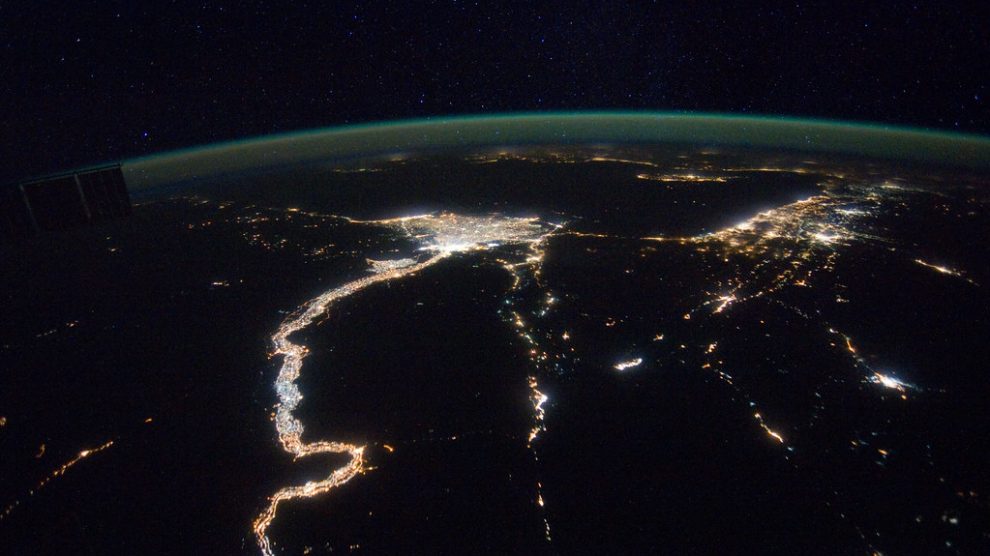North Africa is a region crucial to European security, especially in the past few years, as African migration towards the Old Continent reached record highs. Italy is now working to bring member States and the United States together to better address events unfolding in the region and their impacts on the West.
Experts weigh in
Together with the Atlantic Council, the US Embassy in Rome recently held a virtual event featuring discussion from policymakers and scholars on the current state of North Africa. Alfredo Conte, principal director for the Mediterranean and the Middle East at the Italian Ministry of Foreign Affairs, highlighted the need for increased transatlantic cooperation to address terrorism in North Africa.
“Strong partnership between the United States and Europe should be based on the ability to form common goals that are firmly rooted in the common understanding of these seismic changes and their differentiated impact across North Africa,” said Mr Conte.
The realities of the current policy landscape were also addressed. Senior Resident Scholar at the Malcolm H. Kerr Carnegie Middle East Center, Dalia Ghanem, touched on European leaders’ refusal to engage in anti-terrorism operations in Northern Africa, despite these leaders’ critiques of the United States’ anti-terrorism strategy.
“European leaders remain sceptical of the U.S. involvement in the western area, but are hesitant to create their own strategy, and, actually, they are also losing ground in the region,” Ms Ghanem said.
Russia and North Africa
As conflict rages on in Ukraine, there is growing concern regarding Russia’s involvement in Northern Africa and the Middle East. Moscow’s influence on Mali, Libya and Algeria is of particular concern. Oil-rich Algeria is currently estimated to benefit from war in Ukraine, as EU members seek to purchase gas from sources outside of Russia.
FM Luigi Di Maio travelled to Algeria on Monday where he met with top Algerian lawmakers to discuss Italy’s gas supply. Mr Di Maio was very optimistic about the outcomes of the talks, saying that the two nations’ partnership will become “increasingly strong” in both the short and long term.
“There are many concerns about the effects of the war in Ukraine on the Italian economy and we will not lose a single minute in addressing them,” he said in a statement via Facebook. “I also want to say that today’s mission in Algeria is only the first step: in the coming days I will visit other countries, where we can build and strengthen new energy partnerships to address threats and effects related to this conflict unleashed by Putin.”
Focus remains on uniting the EU and its western allies under the purpose of preventing local actors, such as terrorist groups, from leveraging international players against each other.
Migration
The influx of displaced peoples from Africa to Italy is a major point of concern for Italy. In 2021 alone, 67,477 migrants arrived in Italy by sea, according to data from the United Nations Human Rights Council. 1,496 of these individuals were reported dead or missing.
“Every weekend on the Italian shores, there is the number of migrants that were at the Polish border at the height of the crisis with Belarus,” Mr Conte said. The influx of migrants remains a European challenge, an idea that Italy is hoping fellow member States embrace.





